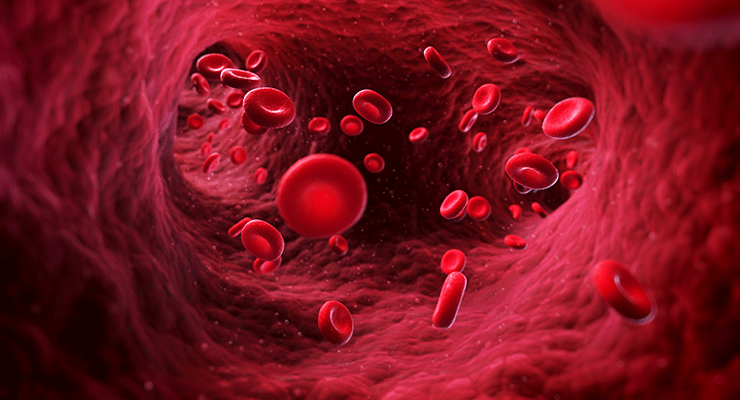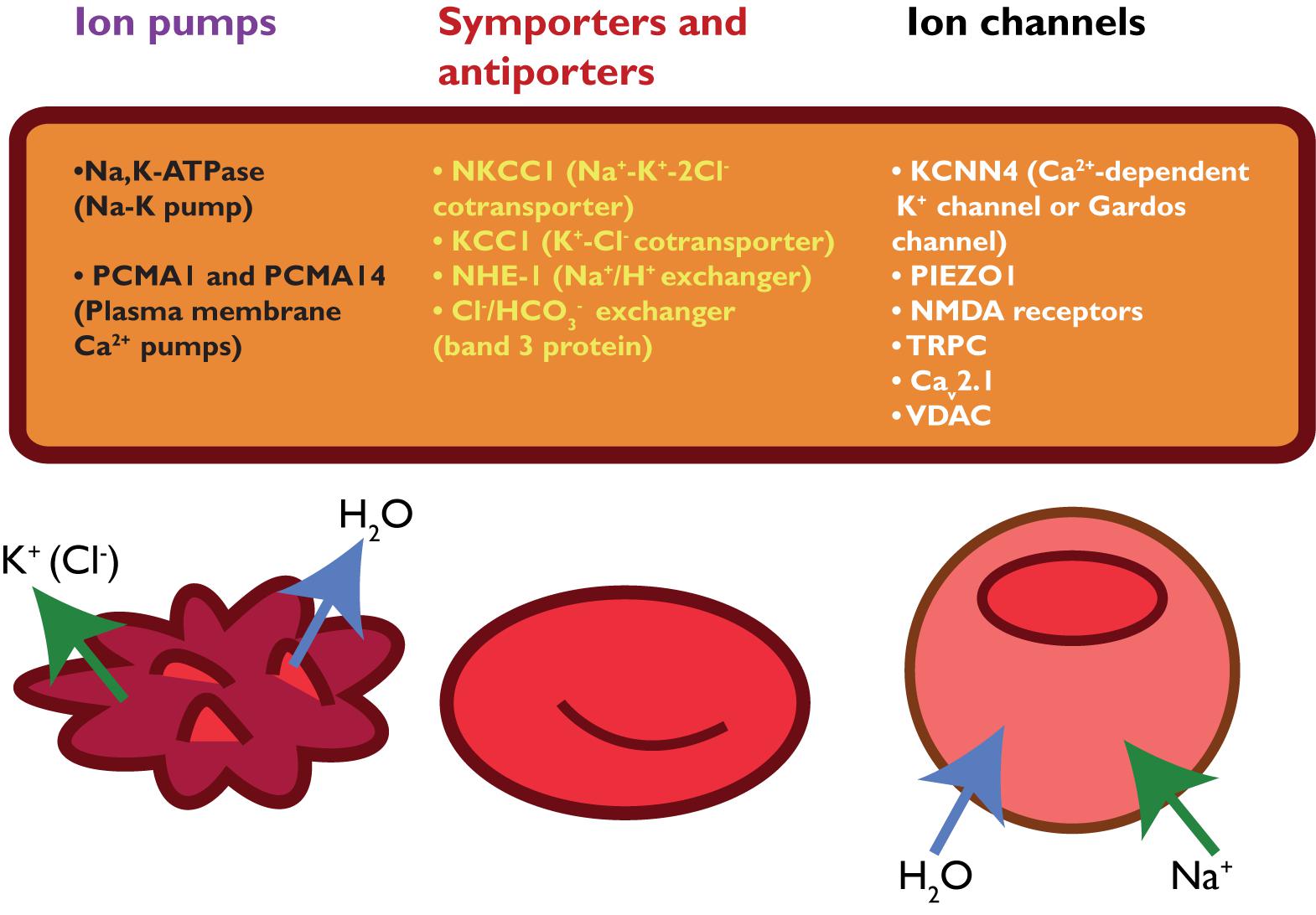Two million red blood cells die every second

Two Million Red Blood Cells Die Every Second

The human body consists of numerous vital components, with red blood cells being one of the most essential. These tiny, disc-shaped cells play a crucial role in our overall health by transporting oxygen from the lungs to various tissues and organs throughout the body. However, it may come as a surprise that despite their significance, red blood cells have a relatively short lifespan. In fact, approximately two million red blood cells die every second within our bodies.

Red blood cells, also known as erythrocytes, typically live for about 120 days. During this time, they tirelessly deliver oxygen before undergoing natural cell death, or eryptosis. This programmed cell death process ensures that old and dysfunctional red blood cells are eliminated from circulation, making way for fresh and healthy ones.
The human body works meticulously to maintain a delicate balance between red blood cell death and production. As these cells perish, the bone marrow, located within bones, instantly replaces them with new ones, a process known as erythropoiesis. This continuous blood cell production helps to meet the body’s ever-changing demands for oxygen.
The constant death of two million red blood cells every second is an alarming number on its own, but it is crucial to understand that this process is tightly regulated and necessary for our overall well-being. Without this ongoing renewal, our bodies would suffer from oxygen deficiency, leading to various health issues.
Anemia, for instance, can occur when the rate of red blood cell death surpasses the production rate. This condition limits the blood’s ability to carry a sufficient amount of oxygen, resulting in fatigue, weakness, and shortness of breath. On the other hand, excessive red blood cell production can lead to conditions such as polycythemia, which may cause complications such as blood clots and strokes.
The significance of red blood cell turnover extends beyond oxygen transport. These cells also assist in removing waste products like carbon dioxide and participate in various immune responses to combat infections and diseases. Hence, maintaining a healthy balance between red blood cell death and production is crucial for the optimal functioning of our bodies.
In conclusion, the fact that two million red blood cells die every second highlights the complex and fascinating nature of our bodies. Although it may seem concerning, it is important to remember that this constant turnover is a vital part of our physiological processes. By continuously replacing old cells with new ones, our bodies can ensure efficient oxygen delivery and support overall health.
Tags
Share
Related Posts
Quick Links
Legal Stuff

